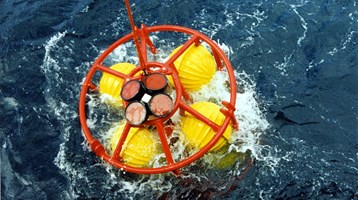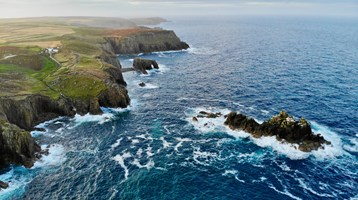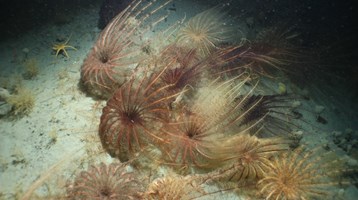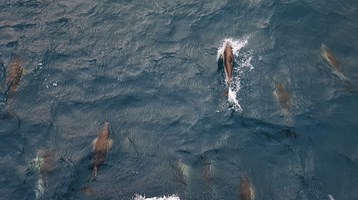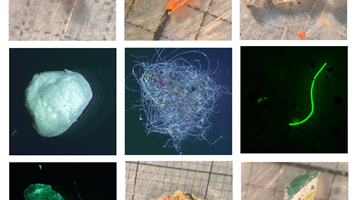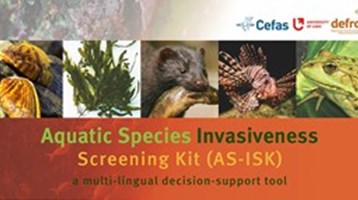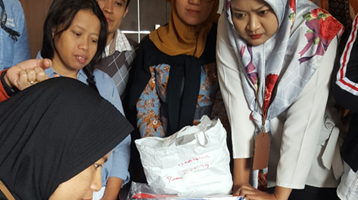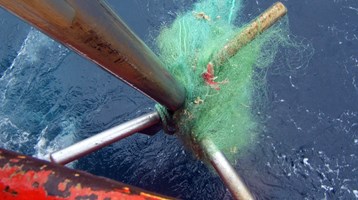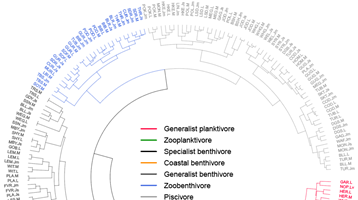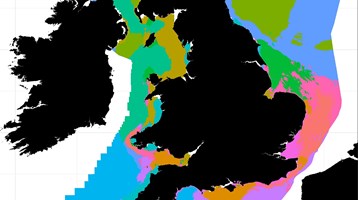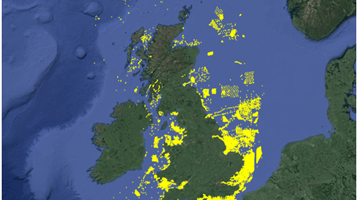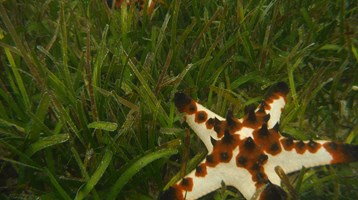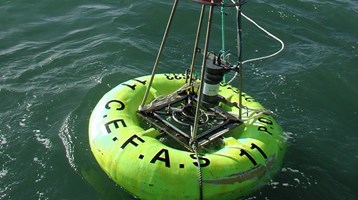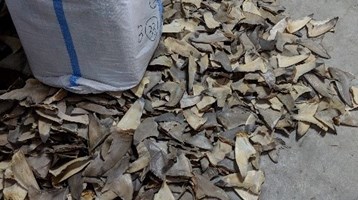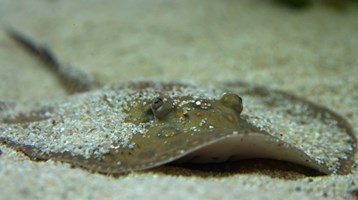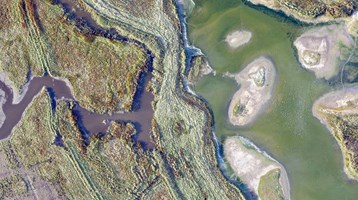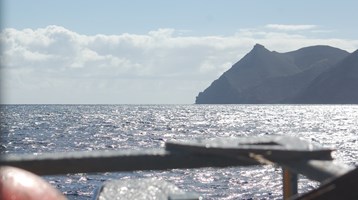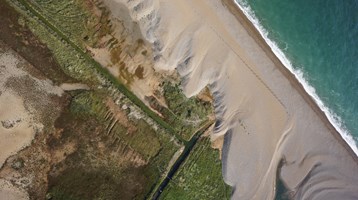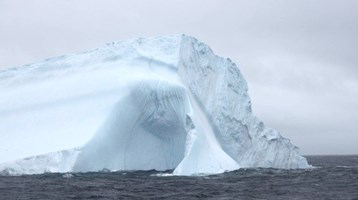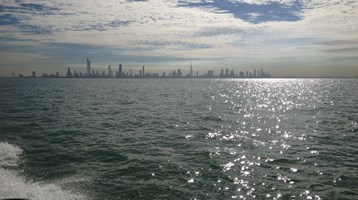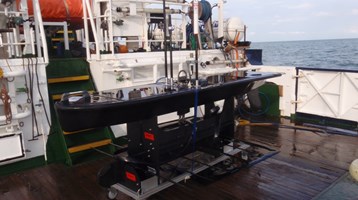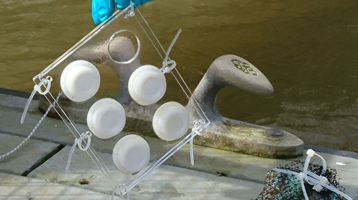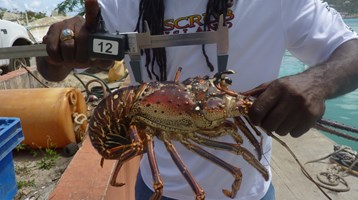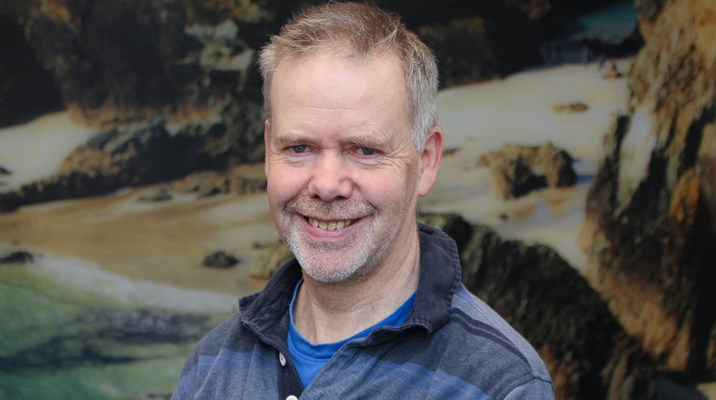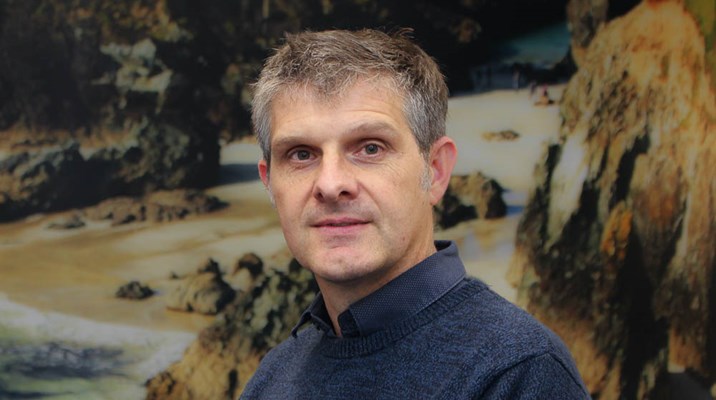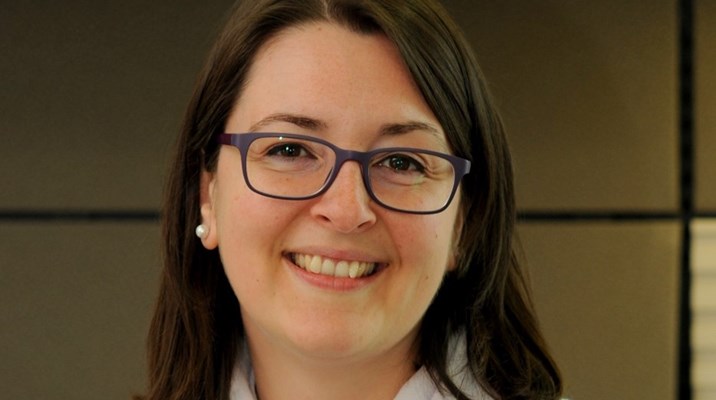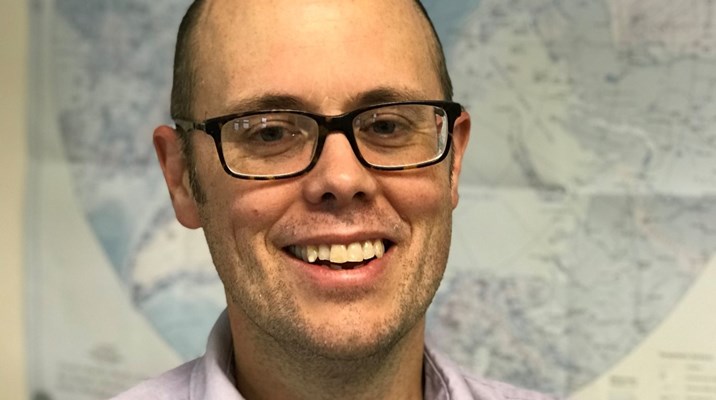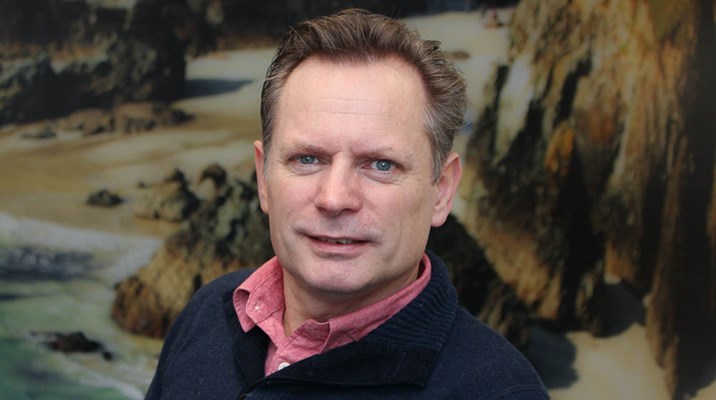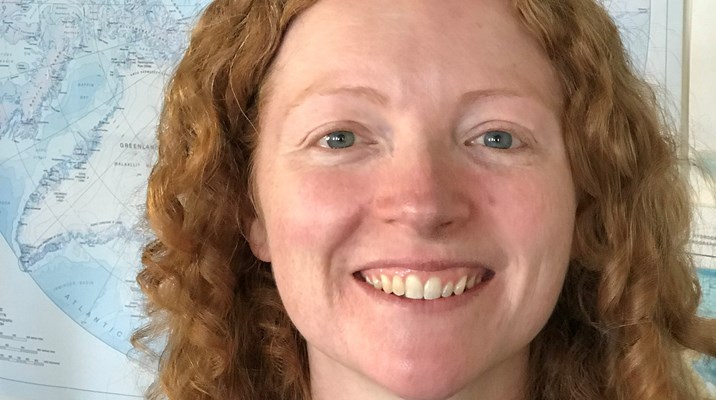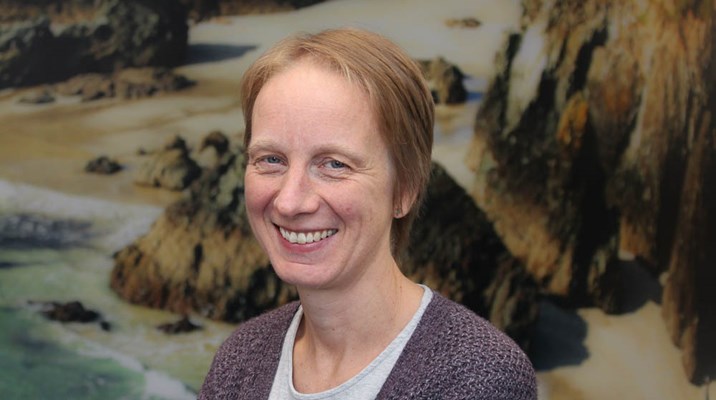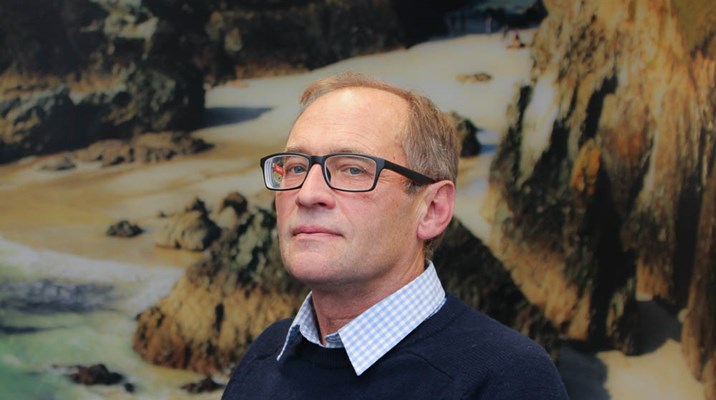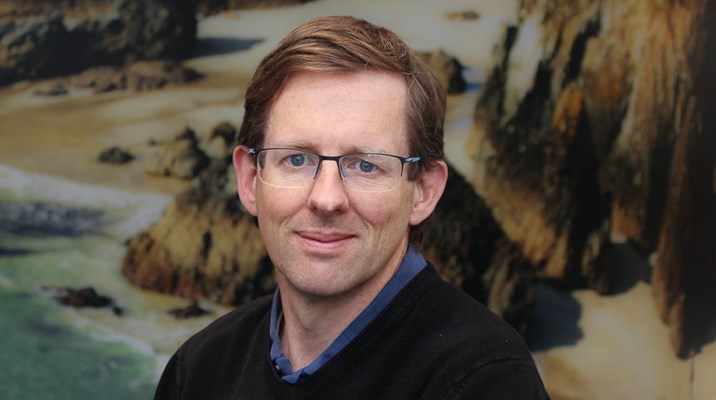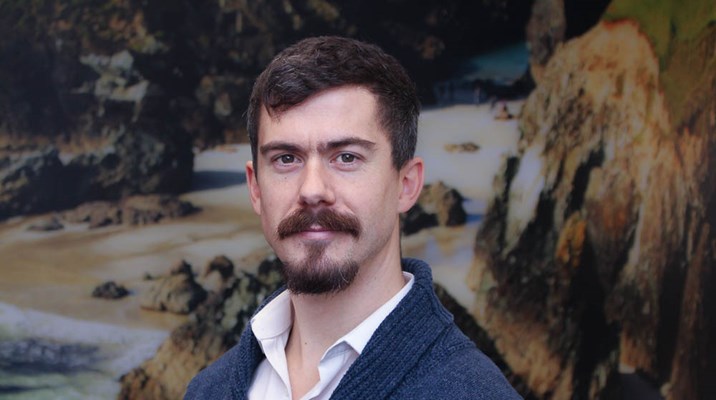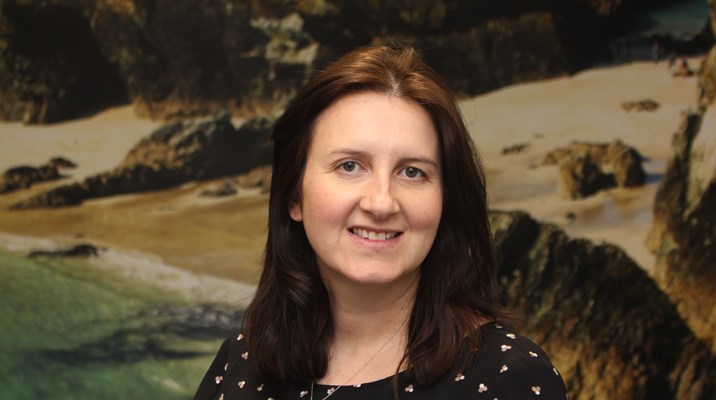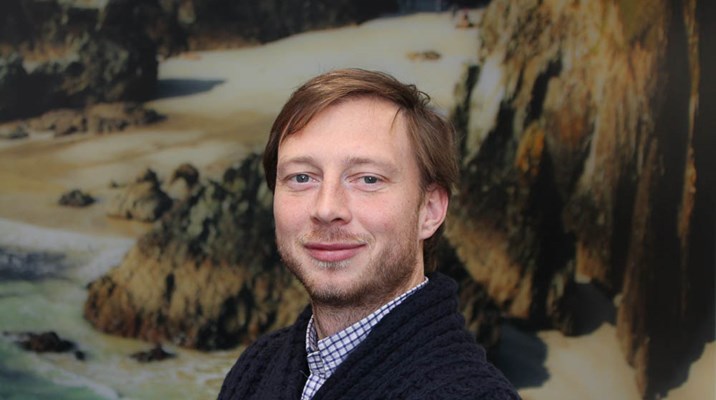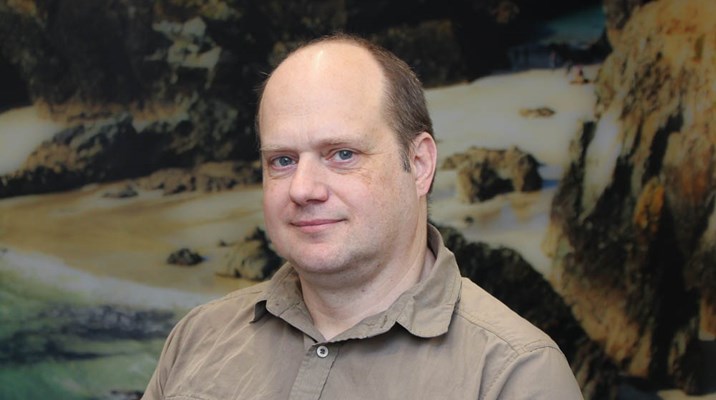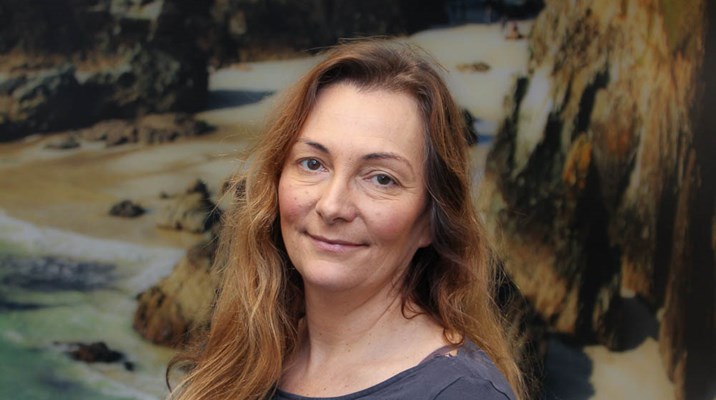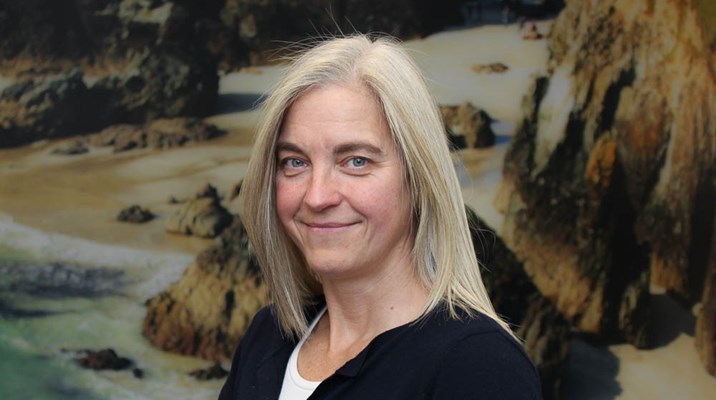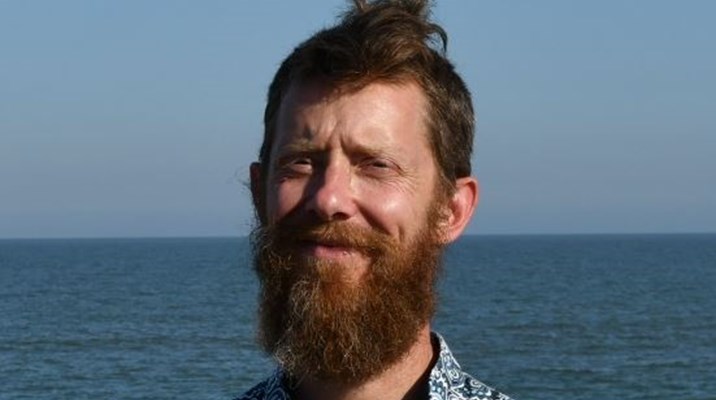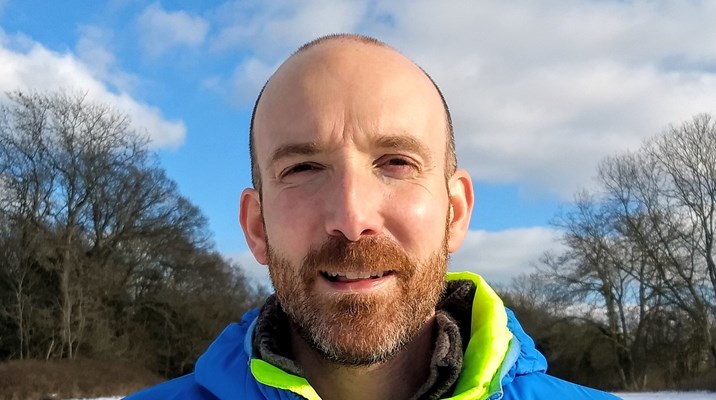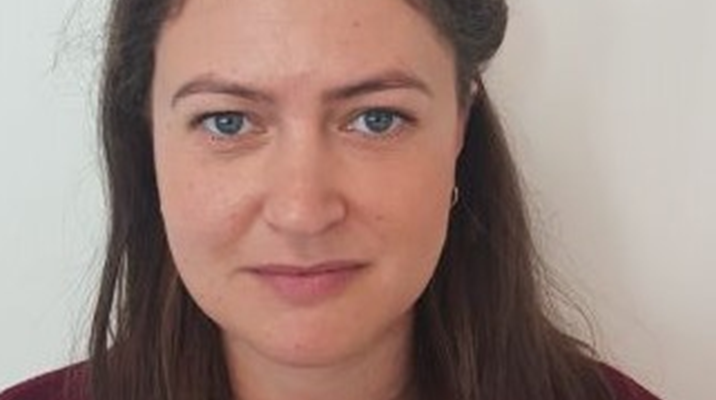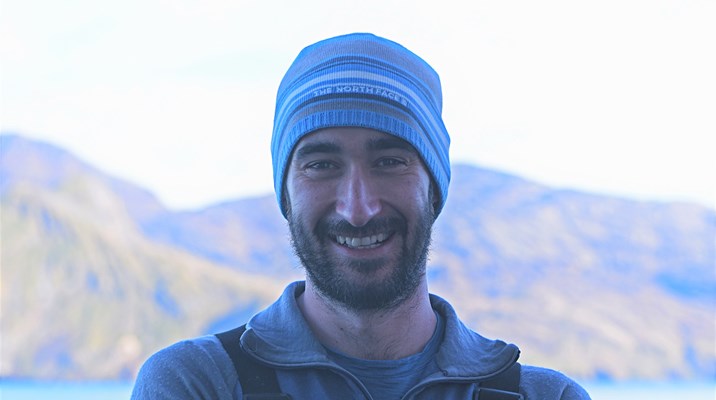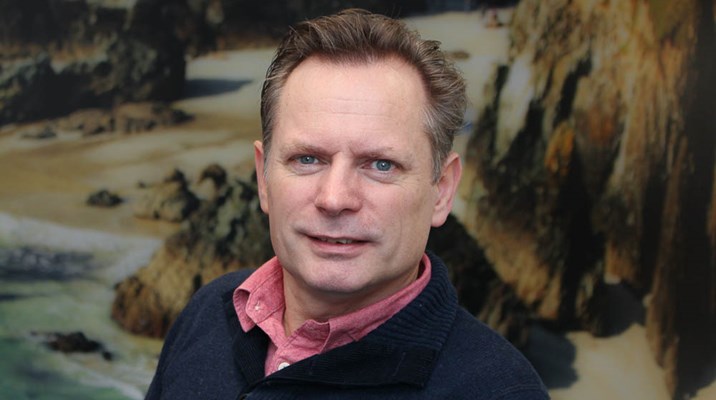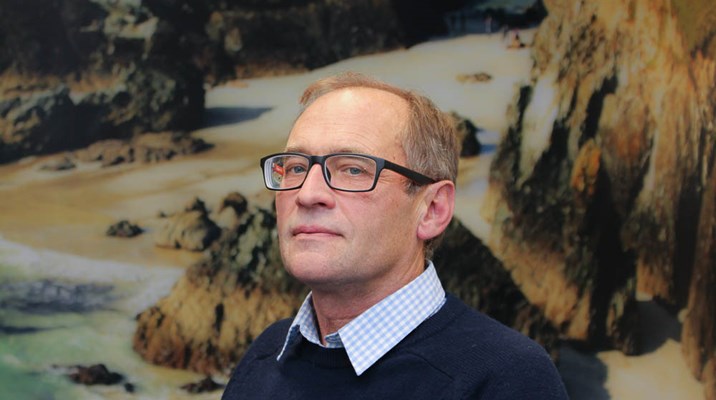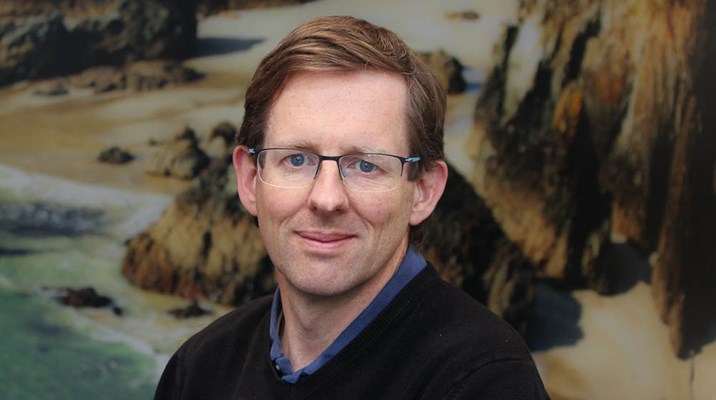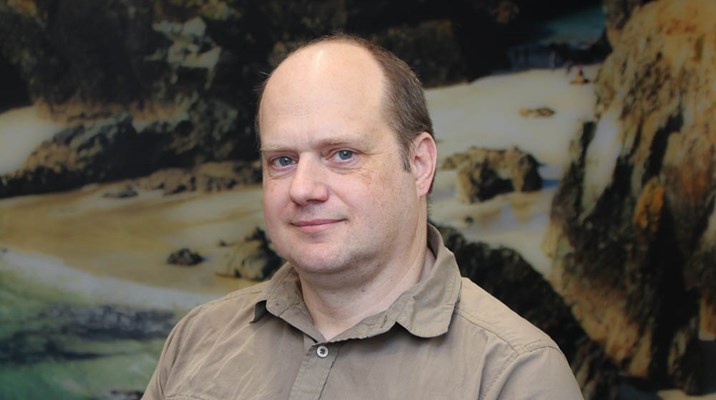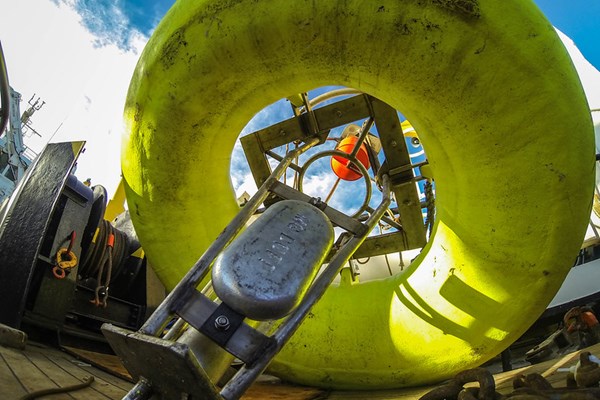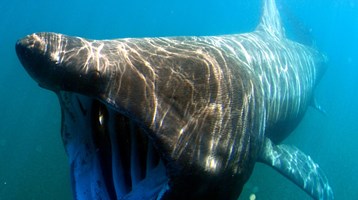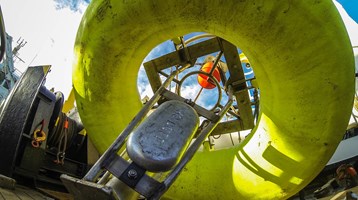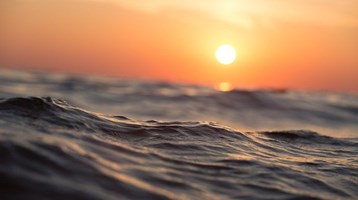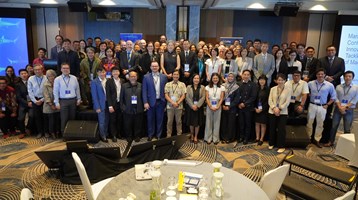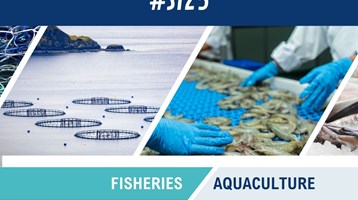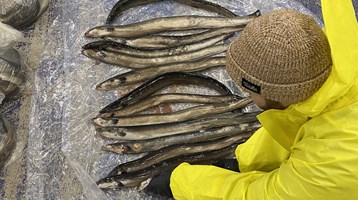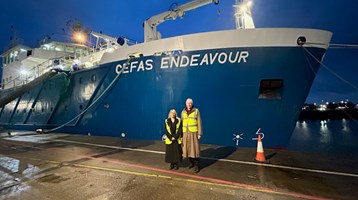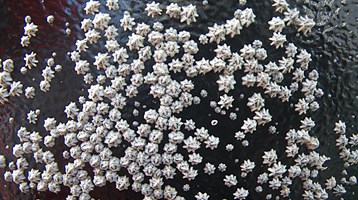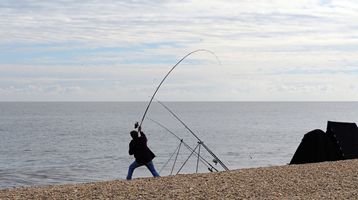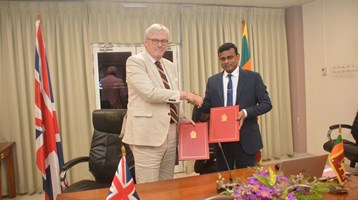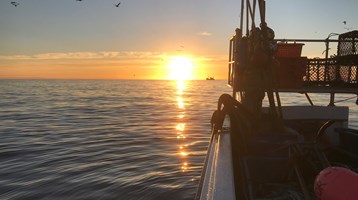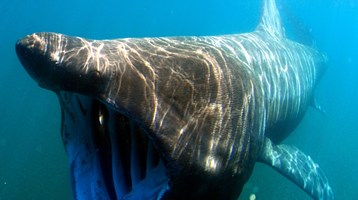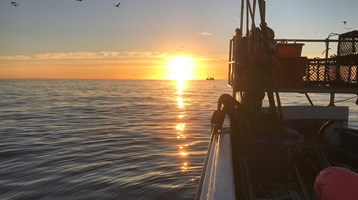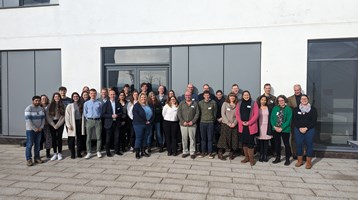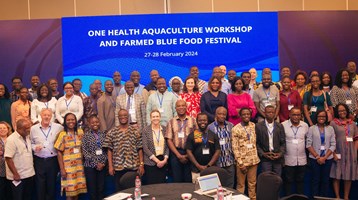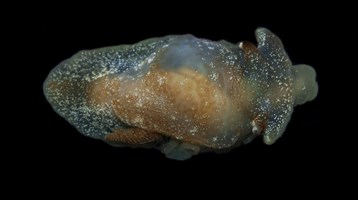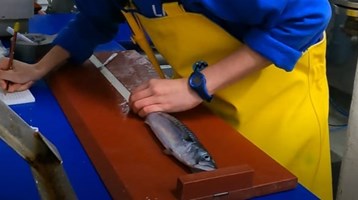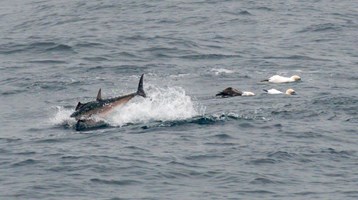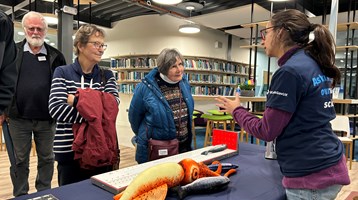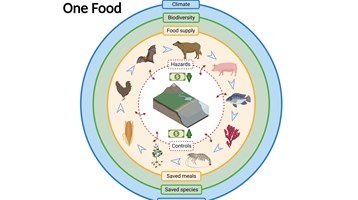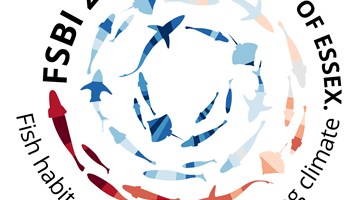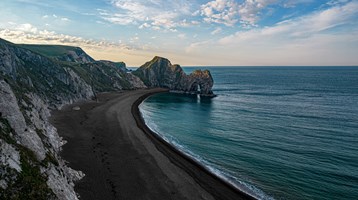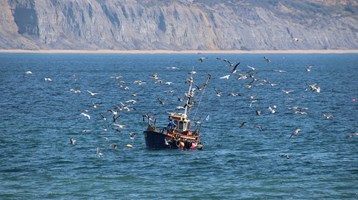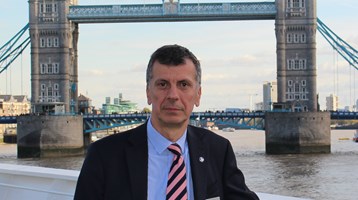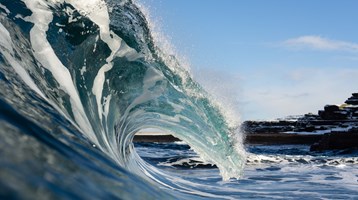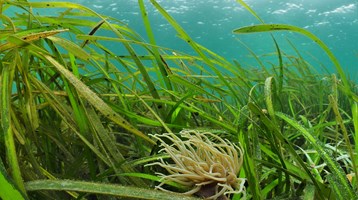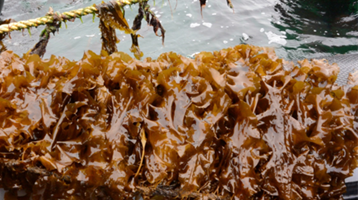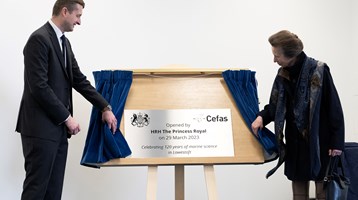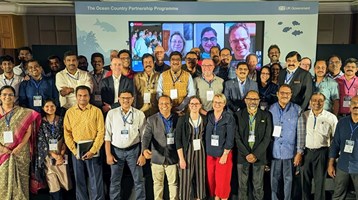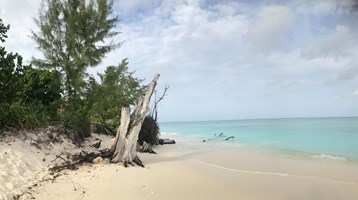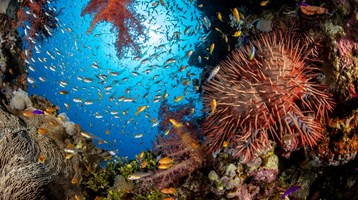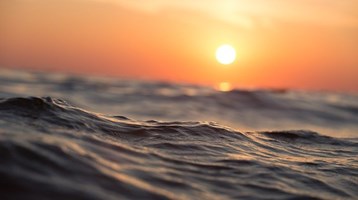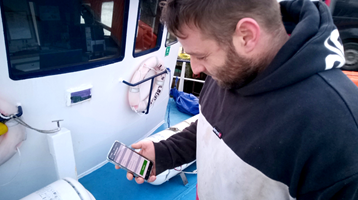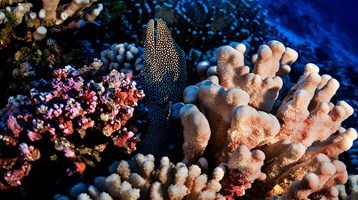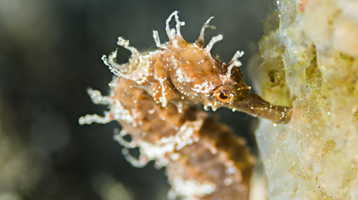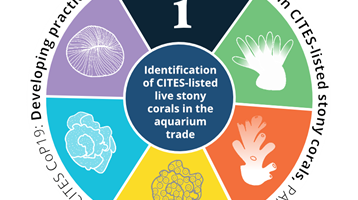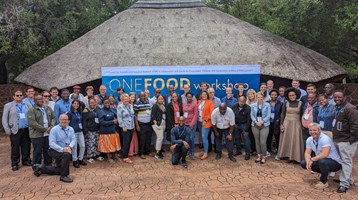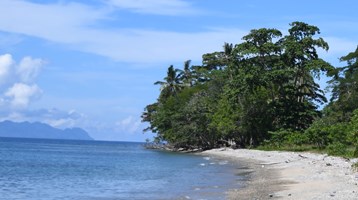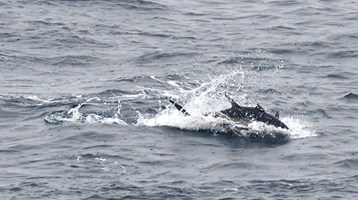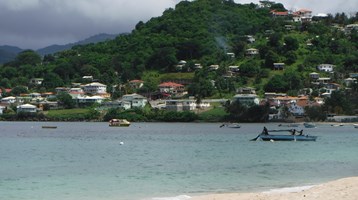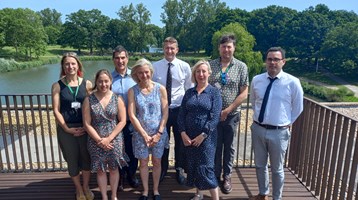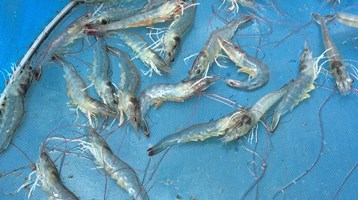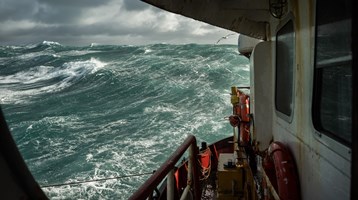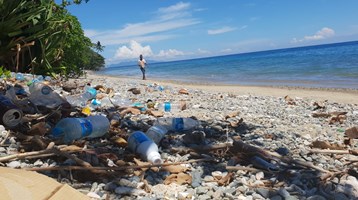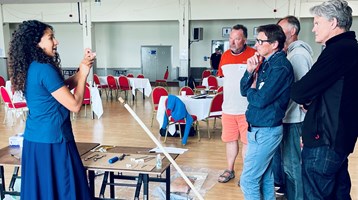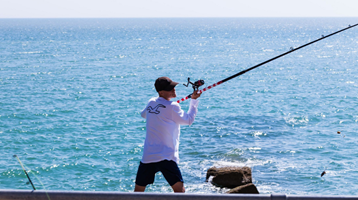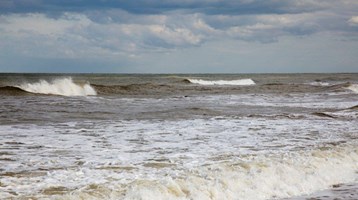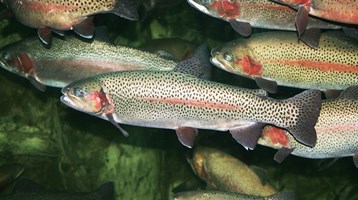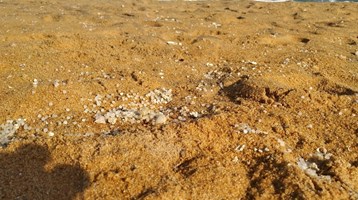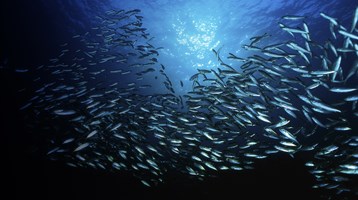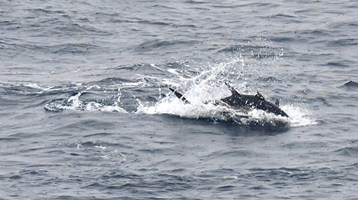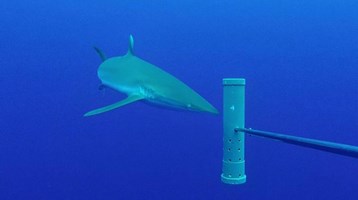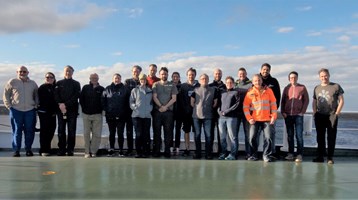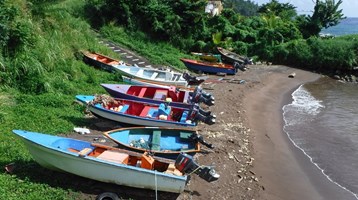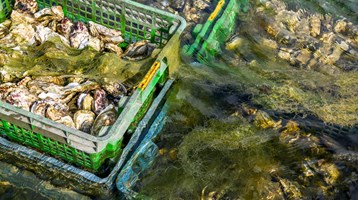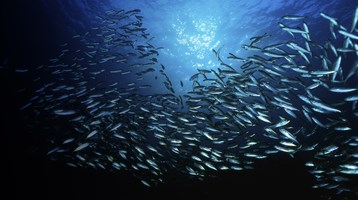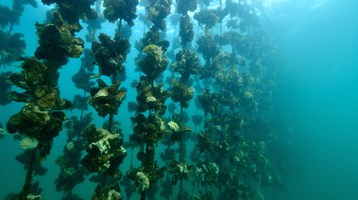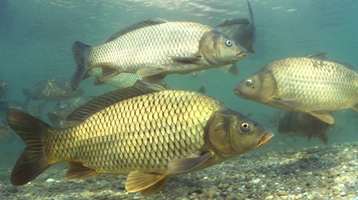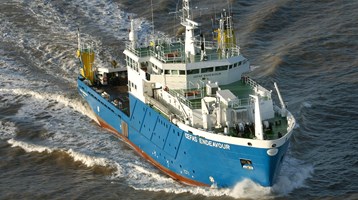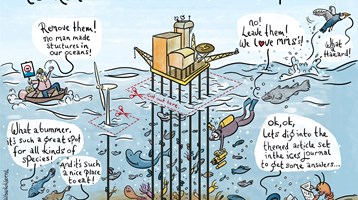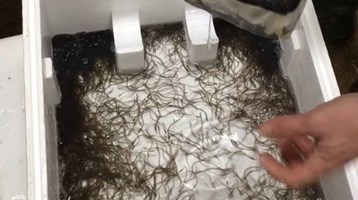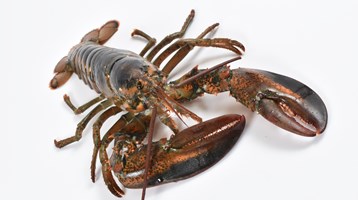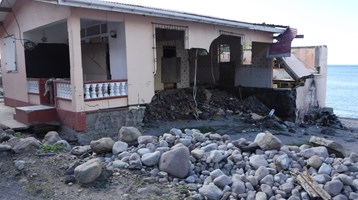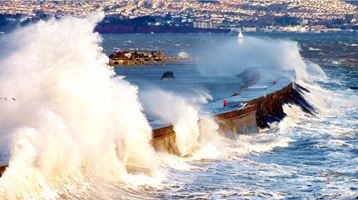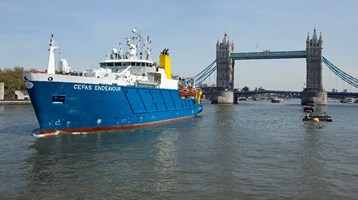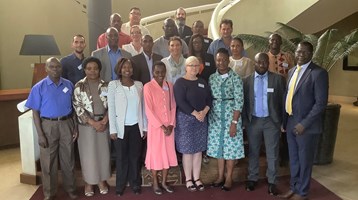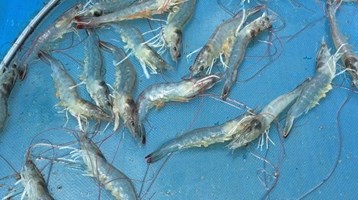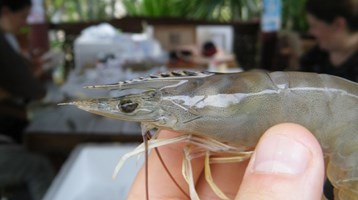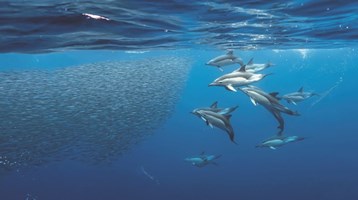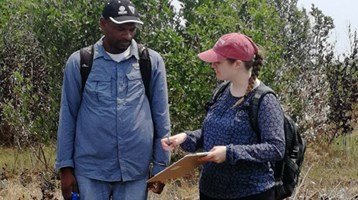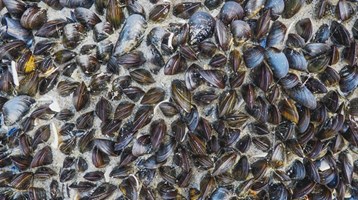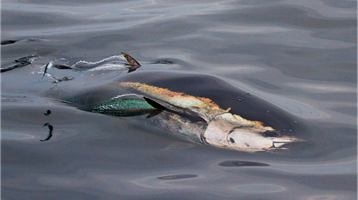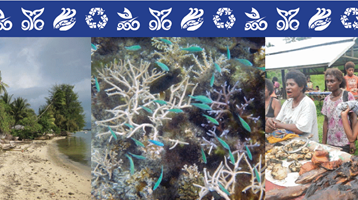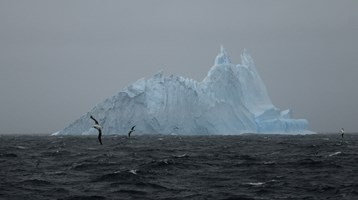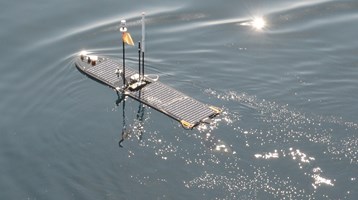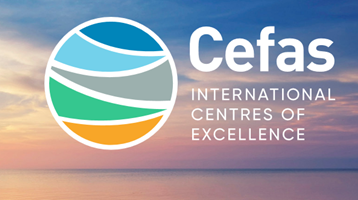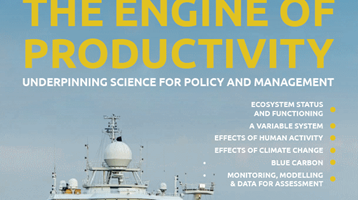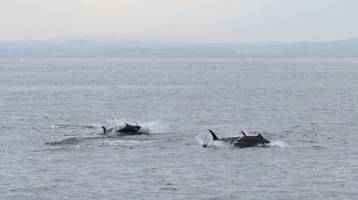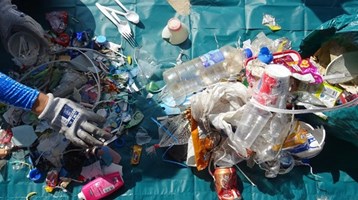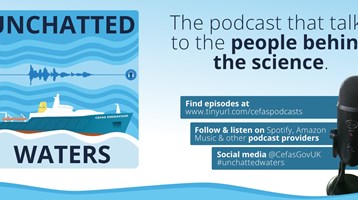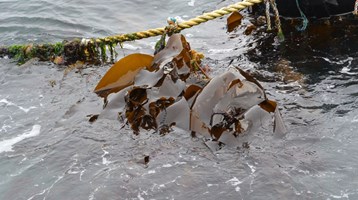Marine litter scientists from the UK and Belize work together to tackle plastic pollution
28 June 2023
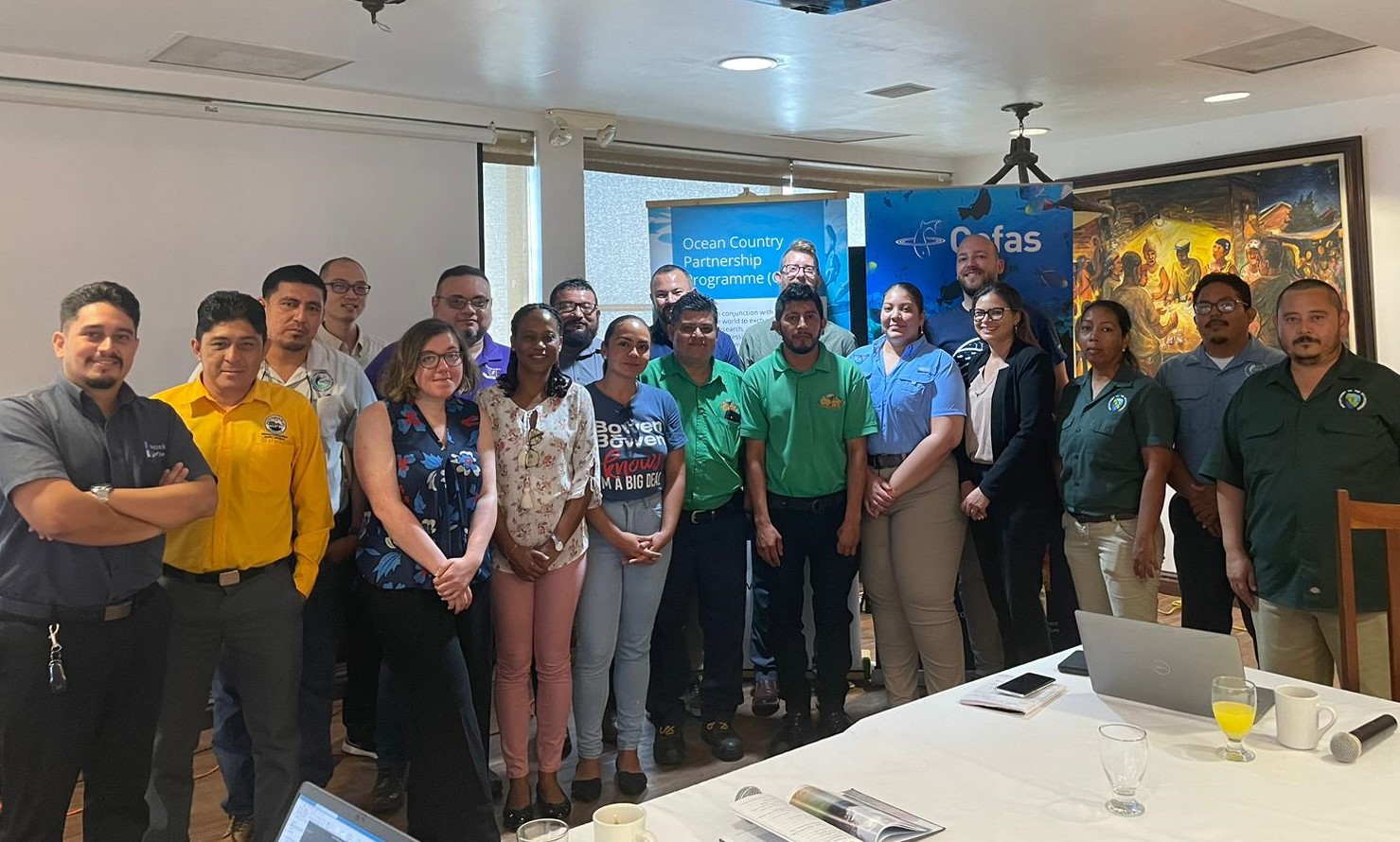
Scientists and leaders from across Belize came together at the Water Quality and Marine Pollution Workshop on 27th June 2023 in Belize City, to share their ideas and develop next steps to tackle ocean pollution and support a healthy marine environment. At the event, hosted by the Department of the Environment (DOE), experts shared current monitoring practices, scientific knowledge, and identified opportunities to collaborate and coordinate Belize’s national response to river and marine pollutants. Among the attendees were key stakeholders from the Government of Belize, managers of Marine Protected Areas, and scientists from water quality monitoring laboratories.
In recent years, the serious issue of marine litter has been recognised by international governments and organisations, as well as local communities, as a growing threat to the marine environment and people’s health and livelihoods. Marine litter is found in all oceans of the world, in both densely populated and remote locations. Supporting good water quality is vital for both a healthy ocean and for people and their livelihoods.
Marine scientists from the UK government are working alongside colleagues at the Belize Department of the Environment to identify country specific solutions to marine litter and other types of marine pollution, including reducing reliance on single-use plastics, improvements in waste management, and developing more sustainable life cycles for plastics.
The partnership between the UK and Belize is taking place though the UK’s Ocean Country Partnership Programme (OCPP), to strengthen marine science expertise, develop science-based policy and management tools and create educational resources for coastal communities. The programme tackles the key marine challenges of pollution, biodiversity and sustainable seafood, and aims to deliver positive impacts on the livelihoods of coastal communities that depend on healthy marine ecosystems.
Specialized UK government agencies, the Centre for Environment, Fisheries and Aquaculture Science (Cefas), the Joint Nature Conservation Committee (JNCC) and the Marine Management Organisation (MMO) work together on the programme on behalf of the UK’s Department for Environment, Food and Rural Affairs (Defra).
The Department of the Environment’s Chief Environmental Officer, Mr. Anthony Mai, commented, “We are pleased to be working with our UK partners through the Ocean Country Partnership Programme towards implementing national solutions to the issues of marine litter and water quality, so that we can protect Belize’s precious natural resources now and for future generations. This week’s Water Quality and Marine Pollution Workshop and the Belize Marine Litter Action Plan gives us the opportunity to take actions to protect the ocean and support the health and livelihoods that depend on the marine environment.”
Cefas Chief Executive, Mr Neil Hornby added, “Cefas is delighted to be collaborating with the government and other organisations in Belize to work together towards sustainable management of Belize’s marine environment for the benefit of Belizeans today and for generations to come. Cefas has international expertise and experience in marine environmental science and policy which we are pleased to share with Belize, and other partner countries, to help address the problem.”
The British High Commissioner to Belize, H.E. Nicole Davison remarked, “The UK has been working with Belizean colleagues since 2018 in the region, working with local colleagues and stakeholders to monitor litter, clean beaches and raise awareness of sustainable actions which includes a programme of work to ensure that the partnership supports proactive outcomes for the environment and people.”
During their visit, the OCPP team will also be working together with colleagues at the University of Belize and the Department of the Environment at the microplastic laboratories that have been set up in Belize as part of the programme. The development of these labs is aimed at monitoring environmental samples for the presence of different types of microplastics. They will also be carrying out beach litter assessments to measure the different types of marine litter. The data gathered will assist Belize in making informed management decisions to protect the environment.
Wider work in the OCPP project in Belize includes:
-
Collaboration between Belize and the UK’s Joint Nature Conservation Council (JNCC) to support Belize’s Marine Protected Areas (MPAs), including partnering with the International Union for Conservation of Nature (IUCN) to deliver training and guidance for Green Listing Belize MPAs, funding site-level Management Effectiveness Assessments for 14 MPAs and updating MPA Management Plan templates.
-
Cefas are also reviewing data collection within MPAs providing recommendations to improve monitoring and collection of MPA data.
-
The UK’s Marine Management Organisation (MMO) is also working with the Government of Belize to review Illegal, Unreported and Unregulated (IUU) fishing in Belize waters and delivering an independent review of the rights-based fishing Managed Access Programme, building a better understanding of fishing activity within and surrounding Belize’s Exclusive Economic Zone (EEZ) and identifying where new technologies may help monitoring and enforcement.
-
Cefas is also collaborating with the Belize Agriculture Health Authority (BAHA) and the Ministry of Agriculture to support safe and sustainable aquaculture, improve biosecurity and strengthen regulatory frameworks for animal health and trade.
-
The OCPP programme is part of the UK government’s commitment to tackling plastic pollution, building on UK scientific expertise. UK ambitions to tackle plastic pollution includes UK policies including bans on microbeads in rinse-off personal care products, Plastic Packaging Tax, single-use carrier bag charges and the forthcoming ban on further plastic items this October.
Related to this article
Topic
Case studies
People
News
Further Reading


Working for a sustainable blue future
Our Science

